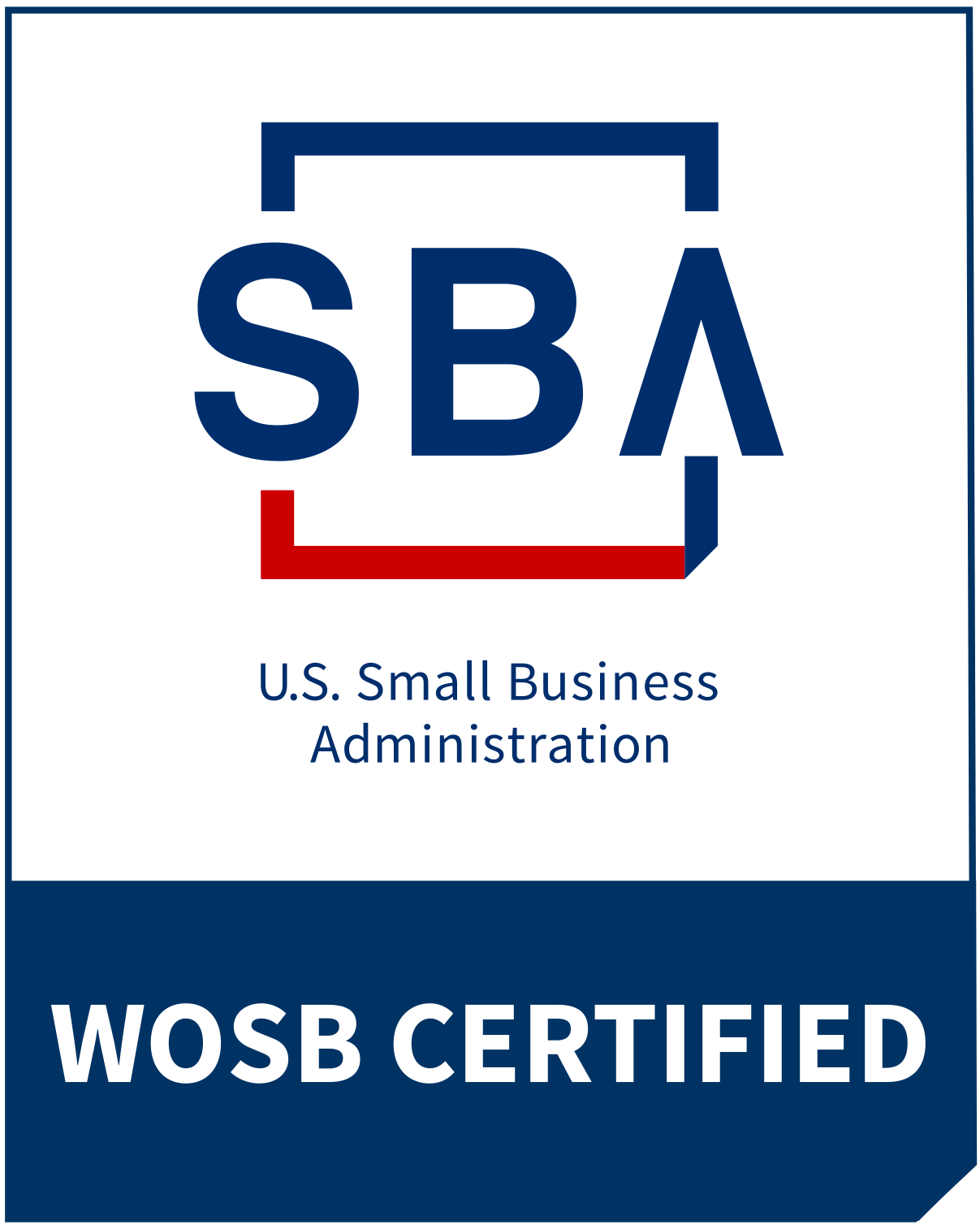- admin
- 0 Comments
- November 9, 2023
Systems: The Secret Sauce
Business systems, processes, and procedures are the backbone of any successful small business. They provide the blueprint for how the company delivers its products and services efficiently, consistently, and profitably. A business system is defined as a set of interconnected processes and activities that are carried out consistently using information, technology, human resources, and other assets to produce products or services for internal or external customers. Systems promote consistency, scalability, and efficiency. While automation can be part of an effective system, even manual processes that are standardized across the company can provide tremendous value. The key is that the processes are done consistently across the organization.
Business systems can be developed for nearly any process or function. Common examples include systems for hiring, accounting, scheduling, customer service, project management, and more. Investing time in identifying core processes and developing reliable systems provides small businesses with the infrastructure for growth and success. It transforms productive time from the scarce resource of founders into a scalable asset that allows companies to reach their goals faster.
When systems, processes, and procedures are designed and implemented well in a small business, they offer many benefits that can be transformative. These include improved productivity, cost savings, better decision-making, standardization, scalability, and more.
20 Reasons You Need Systems!
The following 20 reasons elaborate on why strong systems, processes, and procedures are critical for small business success.
1. Improve efficiency: Business systems like ERPs and CRMs help streamline processes and reduce manual work. This improves productivity and efficiency.
2. Enhance decision-making: Systems provide data and analytics that give business insights for better decision-making.
3. Standardization: Systems introduce standard processes across the organization for consistency.
4. Integration: Systems connect and integrate various business functions for seamless workflows, improving communication between function areas.
5. Cost savings: Automation and digitization reduce costs associated with manual processes and labor.
6. Scalability: Systems allow businesses to scale operations and accommodate growth more easily.
7. Security: Systems provide security features like access controls and encryption for data protection.
8. Compliance: Features ensure compliance with regulations and standards like HIPAA and PCI.
9. Organization-wide transparency: Systems give company-wide visibility for improved collaboration.
10. Reduced errors: Consistent processes, whether manual or automated, minimize human errors that cause mistakes and result in rework.
11. Better resource allocation: Systems provide insights to optimize and improve resource allocation.
12. Improved reporting: Built-in reporting and analytics provide better tracking and monitoring.
13. Enhanced customer service: Systems like CRMs improve customer service through tracking, notifications, etc.
14. Higher customer satisfaction: By enhancing operations and service, systems lead to happier customers.
15. Competitive advantage: Efficient systems become a competitive edge over firms without them.
16. Innovation opportunities: Systems data aids in identifying innovation opportunities.
17. Training benefits: Systems include training tools and materials for employee education.
18. Improved hiring: Applicant tracking systems streamline and improve recruiting and hiring.
19. Flexibility and agility: Systems allow quick reconfiguration to respond to changing business needs.
20. Future-proof operations: Systems make the business resilient and ready for future needs and growth.
Implementing strong systems, processes, and procedures may not be the sexiest part of building a business, but it is undoubtedly one of the most important. Laying this operational foundation will allow your company to run efficiently as it grows and changes. The effort required to analyze and document your systems is an investment that will pay back tenfold down the road in higher valuation, scalability, and profitability. So be sure to develop that infrastructure early on. Map out your core processes, find opportunities for standardization and automation, and create training materials. Your future self will thank you when your business is running like a well-oiled machine while you’re on an unplugged, 4-week vacation!
Growing Successfully But Feeling the Cultural Cost?
Your business is scaling, but something doesn't feel quite right. You're watching your company grow while worrying about preserving what makes it special. The processes that once worked smoothly now feel strained, and you're spending more time putting out fires than leading with vision.
The solution isn't choosing between growth and culture—it's building systems that support both. My 3S Profit Optimizer framework helps you secure more clients, streamline operations, and supercharge scalability while protecting what makes your company unique. I've helped numerous businesses scale thoughtfully without losing their soul.
Let's create processes that strengthen—not strain—your culture. Take action now and click below.
Related Posts

Technology Isn’t the Cure for “Growing Broke”




